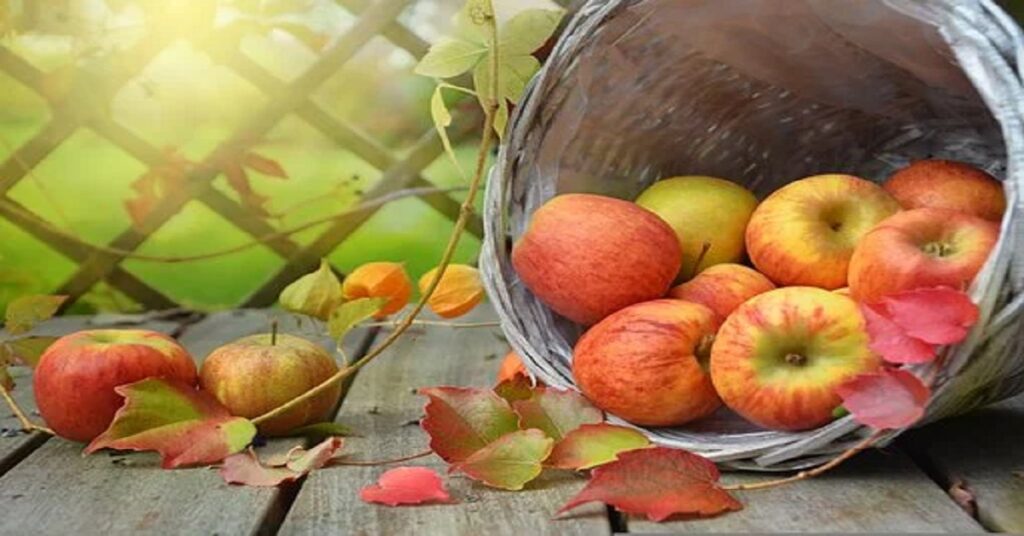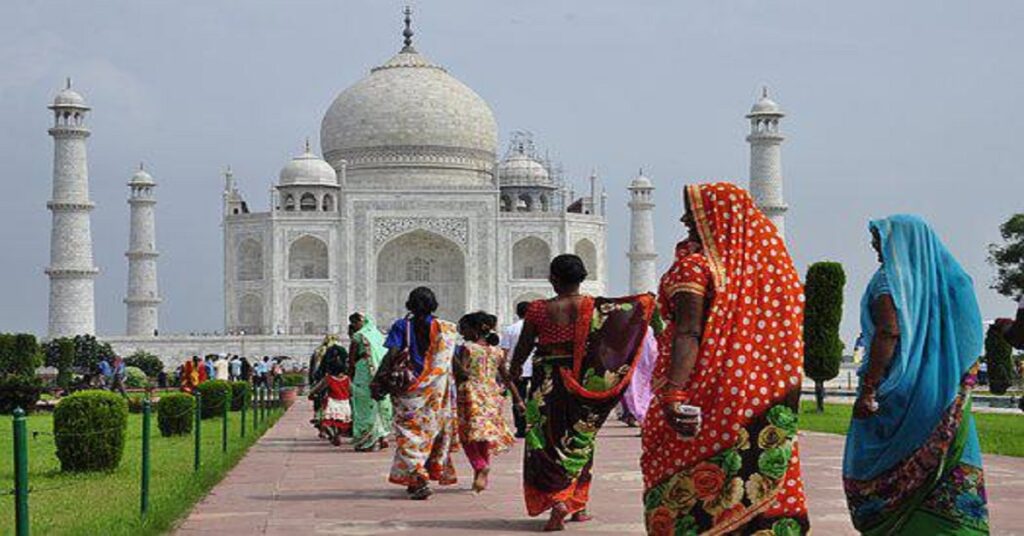In this article, I shall read Bihar Board Class 12th English Poetry Chapter 4 Ode to Autumn Summary in Hindi and English & Objective Questions.

Ode to Autumn
‘Ode to Autumn’ is a beautiful poem, which has been composed by the famous romantic poet John Keats. In this poem, the poet has explained about the specialty of spring.
‘बसंत ऋतु पर गीत’ एक सुंदर कविता है, जिसे प्रसिद्ध रोमांटिक कवि जॉन किट्स के द्वारा संकलित किया गया है। इस कविता में कवि ने बसंत ऋतु की विशेषता के बारे में व्याख्या किया हुआ है।
The poet says that there is fog in the spring. The fruit is filled with sweetness. The apple tilts the apple tree. Fills all the fruits to the inside and cooks them. Pumpkin gets bigger and pulpier.
कवि कहते हैं कि बसंत ऋतु में कोहरे का मौसम होता है। फल मिठास से भर जाता है। सेबों के पेड़ को सेब झूका देता है। सभी फल भीतर तक भर कर पका देता है। कद्दू बड़ा और गुद्देदार हो जाता है।
The bees’ umbrella is filled to the brim with honey. In spring, birds start chirping all around. Winds blow intermittently. Butterflies sing mourning songs together. The weather seems to be colorful all around.
मधुमक्खियों का छाता शहद से लबालब भर जाता है। बसंत में चारों तरफ पक्षीयाँ चहचहाने लगती है। हवाएँ रूक-रूक कर चलती है। तितलियाँ मिलकर शोक गीत गाती है। चारों तरफ मौसम रंग-बिरंगा प्रतीत होता है।
Ode to Autumn objective questions
Q 1. ‘Thou watchest the last oozings hours by hour’s fron
(A) Song of Myself
(B) An Epitaph
(C) Ode to Autumn
(D) Snake
Ans- (C) Ode to Autumn
Q 2. ‘Conspiring with him how to load bleas is taken from
(A) Ode to Autumn
(B) Snake
(C) Fire-Hymn
(D) An Epitaph
Ans- (A) Ode to Autumn
Q 3. Ode to Autumn is written by ……
(A) John Keats
(B) Walter de la Mare
(C) John Donne
(D) Keki N Daruwala
Ans- (A) John Keats
Q 4. ….. was a great lover of Nature over is written by …..
(A) John Keats
(B) W H Auden
(C) Rupert Brooke
(D) John Donne
Ans- (A) John Keat
Q 5. ‘A thing of beauty is a joy for over is written by …..
(A) D H Lawrenc
(B) John Keats
(C) T S Eliot
(D) None of these
Ans- (B) John Keats
Q 6. Ode to ….. is an ode.
(A) season
(B) winter
(C) rain
(D) autumn
Ans- (D) autumn
Q 7. John Keats belonged to ……
(A) Britain
(B) Ireland
(C) Iceland
(D) Germany
Ans- (A) Britain
Q 8. John Donne died of tuberculosis at th age of …….
(A) 26
(B) 30
(C) 60
(D) 90
Ans- (C) 60
Q 9. ‘Or sinking as the light wind lives or dies’: is from:
(A) Ode to Autumn
(B) Snake
(C) An Epitaph
(D) Fire- Hymn
Ans- (A) Ode to Autumn
Q 10. Autumn starts with the departure of the …… seasons.
(A) rainy
(B) summer
(C) winter
(D) spring
Ans- (B) summer
Q 11. …… was a Poet of Nature.
(A) D H lawrence
(B) T S Eliot
(C) John Keats
(D) None of these
Ans- (C) John Keats
Q 12. Which is the close bosom friend of the maturing sun?
(A) Autumn
(B) Spring
(C) Summer
(D) Winter
Ans- (A) Autumn
Q 13. Keats is a …. poet.
(A) Romantic
(B) War
(C) Metaphysical
(D) Melancholic
Ans- (A) Romantic
Q 14. ‘And gathering swallows twitter in the skies’ – is from:
(A) An Epitaph
(B) Song of Myself
(C) My Grandmother’s House
(D) Ode to Autumn
Ans- (D) Ode to Autumn
BSEB Class 12th English Summary with Objective- Click here
Class 12th Hindi- Click here
Download BSEB Books– Click here








